Silicone Soul (2018)
Genre : Documentary
Runtime : 1H 11M
Director : Melody Gilbert
Synopsis
Love comes in many forms, and in Melody Gilbert’s Silicone Soul, the need for companionship and understanding is shown in the bond between humans and their synthetic companions. Tenderly captured by Gilbert, the bonds shown in the film are diverse and layered: from romantic relationships, to friendships, to a recreation of the love between mother and child. Silicone Soul does not allow for its subjects to be easily labeled or judged. Instead, the film is a collection of resoundingly human stories that reflect universal themes—the desire for love, compassion and communication.
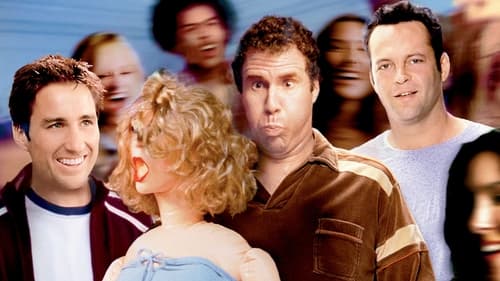
Three friends attempt to recapture their glory days by opening up a fraternity near their alma mater.
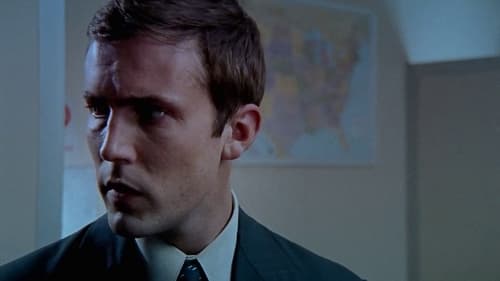
The twisted tale of Kenneth, socially insecure technical writer who forms an obsessive relationship with "Nikki", an anatomically accurate silicone sex doll he orders over the Internet.

Tom is a nice guy, and that's his problem: Real women don't like nice guys. No surprise that he has never gotten laid. On graduation day and amidst laughter, he is presented with Fixi, a lifesize sex doll. How embarassing! But the next morning, Tom awakes next to a real woman - Fixi came to life.
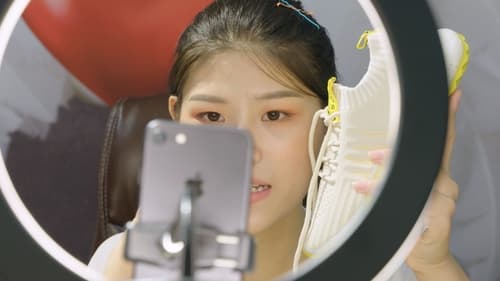
The absorbingly cinematic Ascension explores the pursuit of the “Chinese Dream.” Driven by mesmerizing—and sometimes humorous—imagery, this observational documentary presents a contemporary vision of China that prioritizes productivity and innovation above all.

A porn-loving, Charles Manson-befriending, Mississippi Republican runs to become the next sheriff.

After a painful breakup, Aaron purchases a life-size doll to serve as a replacement for the companionship he has lost.
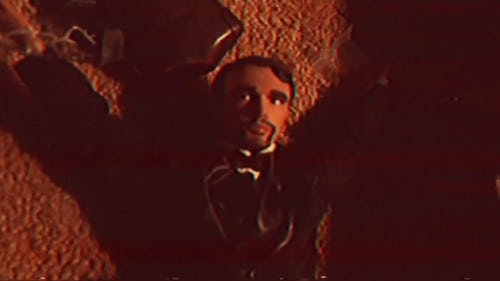
A man "unboxes" a vintage doll that bears a likeness to television and film star James Franco. As the man plays with the doll, it spouts soundbites from Mr. Franco's past; the man becomes obsessed.

When Michel gets the life-sized sex doll he ordered, shipped directly from Japan, he is only intrigued by it at first. Then the silent unresponsiveness of the thing begins to haunt him, and he finds himself reacting to it as if it were an equally unresponsive living woman. As time passes, more and more of his life is spent trying to satisfy or placate its relentless silence, and he goes somewhat mad. He dresses the doll and takes it with him wherever he goes. When his usually very tolerant wife discovers what is going on, her jealousy knows no bounds and she attempts to imitate this threatening love-object. The light-hearted quality of this addle-pated fantasy darkens quickly when various neighborhood men attempt to put the doll to its originally intended use.

It's Tuesday and Maggie is on the prowl for single-use sex partner at her local hunting ground, the video store. Hapless video nerd Ted tries, as always, to curry favor with Maggie, but she needs more intrigue. She needs more of a man. Enter Nick. Maggie courts Nick, while they browse the Tinto Brass collection. They go to Maggie's to watch Salon Kitty and make love on the couch. The morning after, Maggie wakes with out the usual sense of dread that comes with a hangover and making small talk with a stranger whom you've had mediocre sex. Maggie, uncharacteristically, wants to see Nick again. Nick invites Maggie to dinner at his house. When Maggie arrives, Nick has something to show...something that takes Maggie completely by surprise.

Love comes in many forms, and in Melody Gilbert’s Silicone Soul, the need for companionship and understanding is shown in the bond between humans and their synthetic companions. Tenderly captured by Gilbert, the bonds shown in the film are diverse and layered: from romantic relationships, to friendships, to a recreation of the love between mother and child. Silicone Soul does not allow for its subjects to be easily labeled or judged. Instead, the film is a collection of resoundingly human stories that reflect universal themes—the desire for love, compassion and communication.

An inflatable sex doll comes to life, attacking its owner while quoting catchphrases and taglines from various thrillers.
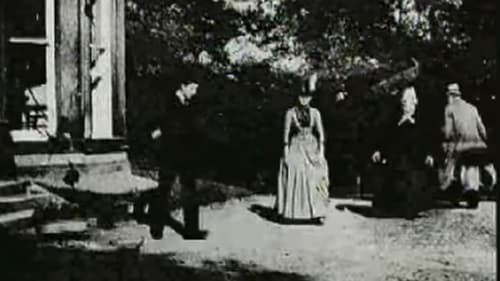
The earliest surviving celluloid film, and believed second moving picture ever created, was shot by Louis Aimé Augustin Le Prince using the LPCCP Type-1 MkII single-lens camera. It was taken in the garden of Oakwood Grange, the Whitley family house in Roundhay, Leeds, West Riding of Yorkshire (UK), possibly on 14 October 1888. It shows Adolphe Le Prince (Le Prince's son), Mrs. Sarah Whitley (Le Prince's mother-in-law), Joseph Whitley and Miss Harriet Hartley walking around in circles, laughing to themselves and keeping within the area framed by the camera. The Roundhay Garden Scene was recorded at 12 frames per second and runs for 2.11 seconds.

In 1972, a seemingly typical shoestring budget pornographic film was made in a Florida hotel, "Deep Throat," starring Linda Lovelace. This film would surpass the wildest expectation of everyone involved to become one of the most successful independent films of all time. It caught the public imagination which met the spirit of the times, even as the self appointed guardians of public morality struggled to suppress it, and created, for a brief moment, a possible future where sexuality in film had a bold artistic potential. This film covers the story of the making of this controversial film, its stunning success, its hysterical opposition along with its dark side of mob influence and allegations of the on set mistreatment of the film's star.

The crew have now set off to finish what as left over from Jackass 2.0, and in this version they have Wee Man use a 'pee' gun on themselves, having a mini motor bike fracas in the grocery mall, a sperm test, a portly crew member disguised as King Kong, as well as include three episodes of their hilarious adventures in India.

The film goes behind the scenes of the 1999 sci-fi movie The Matrix.

Johnny Knoxville, Bam Margera, Steve-O, Wee Man and the rest of their fearless and foolhardy friends take part in another round of outrageous pranks and stunts. In addition to standing in the path of a charging bull, launching themselves into the air and crashing through various objects, the guys perform in segments such as "Sweatsuit Cocktail," "Beehive Tetherball" and "Lamborghini Tooth Pull."

Amateur and professional bodybuilders prepare for the 1975 Mr. Olympia and Mr. Universe contests as five-time champion Arnold Schwarzenegger defends his Mr. Olympia title against Serge Nubret and the shy young deaf Lou Ferrigno.

Jackass Number Two is a compilation of various stunts, pranks and skits, and essentially has no plot. Chris Pontius, Johnny Knoxville, Steve-O, Bam Margera, and the whole crew return to the screen to raise the stakes higher than ever before.
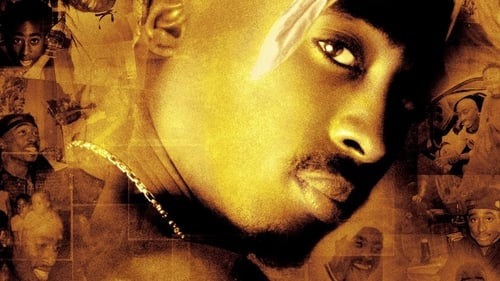
Home movies, photographs, and recited poetry illustrate the life of Tupac Shakur, one of the most beloved, revolutionary, and volatile hip-hop MCs of all time.


















